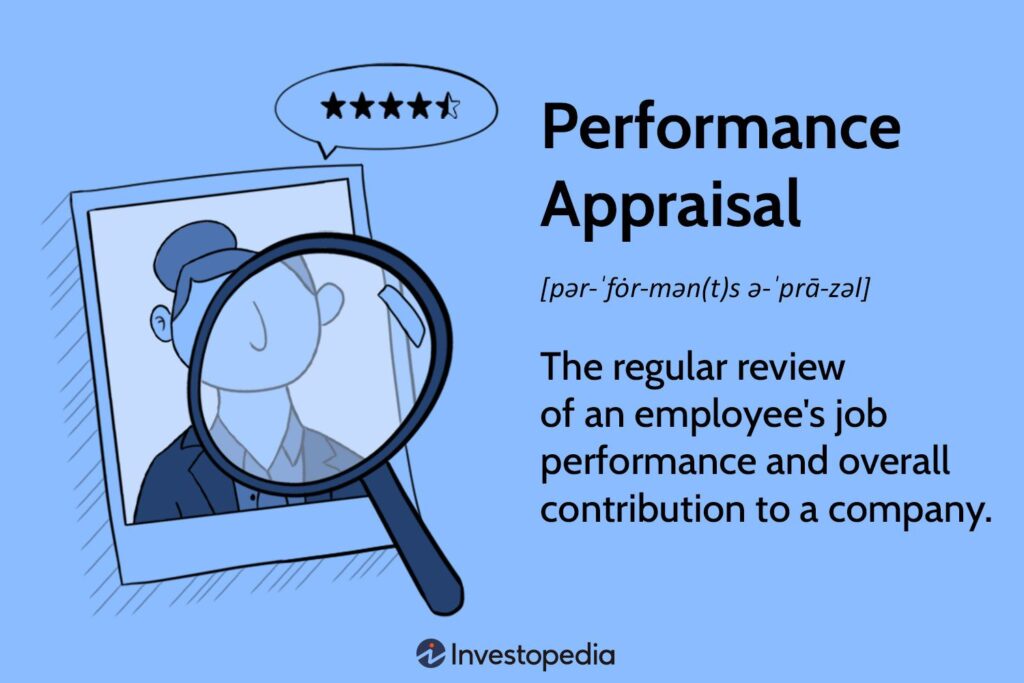
Performance appraisals play a crucial role in organizations, serving as a systematic evaluation process to assess and enhance employee performance. While they are a common practice, the intricacies involved in conducting performance appraisals are often overlooked.
One essential element of a successful performance appraisal is the establishment of clear and measurable objectives. The appraisal process at NWSC begins with setting specific goals and performance expectations for the staff. Well-defined objectives provide a framework for evaluating performance fairly and objectively, enabling both managers and the staff to understand what is expected of them.
Performance appraisals at the corporation are not limited to an annual or biannual event. Regular feedback and communication between managers and the staff throughout the year are essential for continuous improvement. This ongoing dialogue helps the corporation identify strengths, areas for development, and potential roadblocks, fostering a culture of open communication and collaboration.
The evaluation exercise encompasses a multi-dimensional approach, considering various aspects beyond just quantitative metrics. While numerical targets and key performance indicators (KPIs) are important, qualitative factors such as teamwork, adaptability, and problem-solving abilities are also taken into account. Evaluating staff on a broader set of criteria provides a holistic view of their overall contribution to the corporation.
Note that the performance appraisals are not solely manager-driven; they provide an opportunity for the staff to provide their input as well. Encouraging self-evaluation and self-reflection empowers the staff to take ownership of their performance and growth. Additionally, including a mechanism for the staff to offer feedback on their managers and the overall appraisal process promotes transparency and fairness.
In relation to the above, performance appraisals at the corporation are not solely focused on past performance but also on future development. Identifying skill gaps and providing appropriate training and development opportunities are crucial aspects of the appraisal process. A well-rounded performance appraisal system considers individual career aspirations and aligns them with the corporation’s goals, fostering employee growth and engagement.
Recognizing and rewarding exceptional performance is a vital part of performance appraisals. NWSC offers merit-based rewards, such as salary increments, bonuses, or promotions that serve as motivators and reinforce desired behaviors. Moreover, non-monetary recognition, such as public appreciation or opportunities for increased responsibility, has boosted morale and job satisfaction, contributing to overall performance improvement in the corporation.
To ensure the effectiveness of performance appraisals, the corporation has prioritized fairness and mitigated biases. Managers have been trained to evaluate staff objectively, basing assessments on factual evidence rather than personal biases or subjective opinions. Implementing standardized evaluation criteria, establishing calibration sessions, and using multiple evaluators such as peer appraisers has helped minimize bias and enhance fairness.
By delving into the nooks and crannies of this process, we have highlighted key aspects that contribute to their effectiveness. Clear objective setting, ongoing feedback, multi-dimensional evaluation, two-way communication, training opportunities, performance recognition, and fairness are all crucial elements that NWSC considers when conducting performance appraisals. By focusing on these aspects, the corporation is fostering a culture of continuous improvement and maximizing employee potential.


